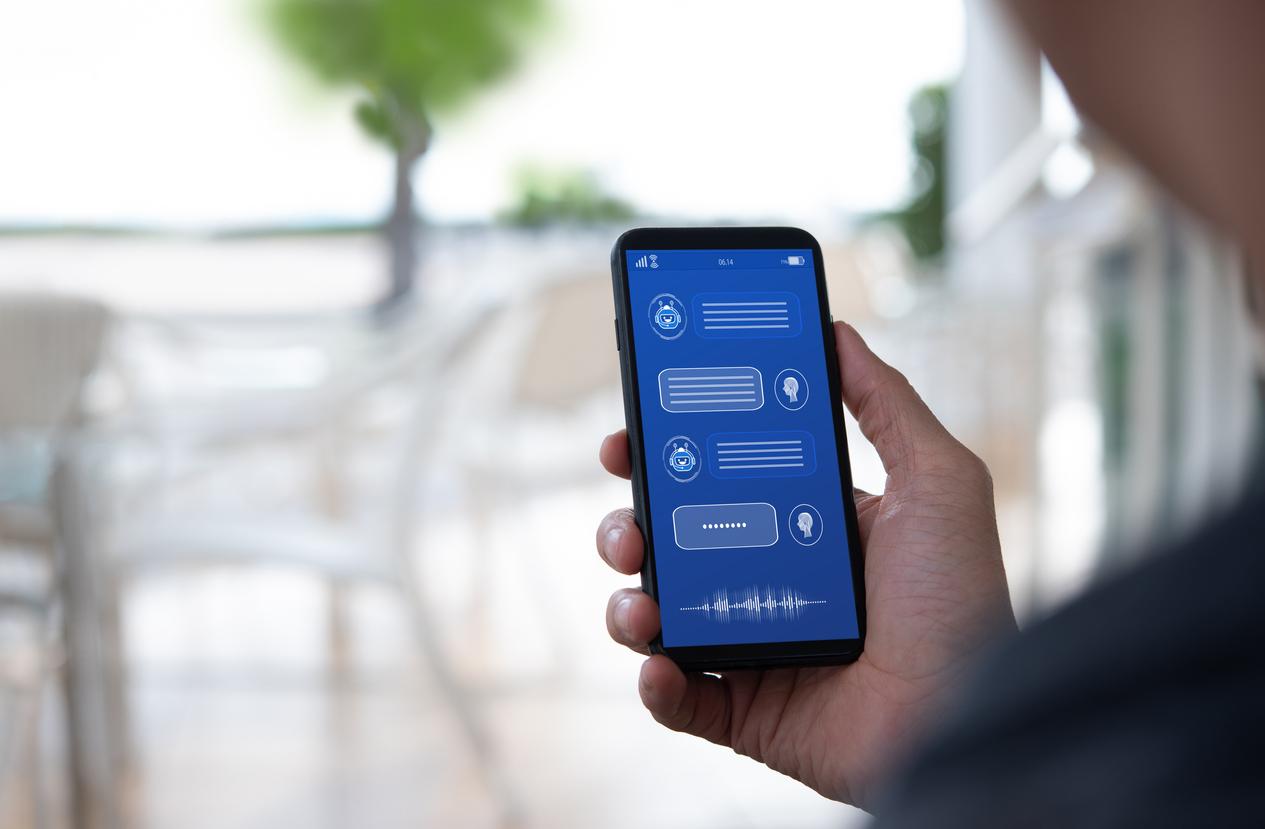According to researchers at the University of California, there are specific regions of the brain that react in opposite ways to emotional stimuli related to loneliness and wisdom. This discovery could help in the development of protective factors against the effects of loneliness.

- Conducted on 147 participants, the study shows that faced with external stimuli, the cognitive responses in single people are not the same as in other paricipants.
- EEG brain recordings also show that specific areas of the brain, such as the temporoparietal junction (TPJ) activate differently in the loneliest and wisest individuals.
- This discovery may eventually lead to new treatments to mitigate the health effects of loneliness.
Apathy, chronic fatigue, mood swings, depression, loss or increase in appetite, sleep disturbances, lack of concentration and motivation, feeling of sadness… Since the first confinement last March, and the multiplication since restrictions related to outings and social interactions, the health crisis has highlighted the mental and physical health consequences of isolation. Many studies have shown that loneliness is also associated with increased mortality.
According to a new study published by the journal Cerebral Cortex, an emotion could however help to fight against the harmful effects of loneliness on health: wisdom. Carried out by researchers at the University of California San Diego School of Medicine, this work shows that there is an inverse relationship between loneliness and wisdom, and that it is based on reverse brain processes.
Different reactions to emotions
“We were interested in how loneliness and wisdom are related to emotional biases, that is, how we react to different positive and negative emotions”details Jyoti Mishra, lead author of the study and assistant professor in the department of psychiatry at the school of medicine at the University of San Diego.
To study the link between wisdom and loneliness, the researchers followed 147 participants, aged 18 to 85, who they asked to perform a simple cognitive task of determining which direction an arrow was pointing when faces Different emotions were shown in the background.
The researchers then found that when angry faces were presented as distractors, they significantly slowed simple cognitive responses in lonely people. “This means that more solitary individuals pay more attention to threatening stimuli, such as angry faces”explains the researcher.
The opposite happened with the wisest and happiest participants. “We found a significant positive relationship for response speeds when faces with happy emotions were presented, particularly individuals who displayed wiser traits, such as empathy, had faster responses in the presence of happy stimuli. “
Different brain areas involved
The researchers also performed electroencephalograms (EEG) on the participants. Brain recordings showed that the part of the brain called the temporoparietal junction (TPJ) activated differently in the loneliest and wisest individuals. Asked for the treatment of the theory of mind, or the degree of capacity for empathy and understanding of others, the TPJ reacted differently according to the individuals: it was more active in the presence of emotions of anger for the lonely people and more active in the presence of happy emotions for wiser people.
In solitary people, the researchers also noted greater activity in the presence of threatening stimuli in the left superior parietal cortex, the brain region important for allocating attention. Wisdom, on the other hand, was more related to increased activity in the presence of happy emotions in the left insula of the brain, responsible for social characteristics such as empathy.
“These results are relevant to the mental and physical health of individuals because they give us objective neurobiological insight into how more solitary or wiser people process information.”, explains Professor Mishra. According to him, “the fact of having biological markers that we can measure in the brain” may help develop new, more effective ways to lessen the health effects of loneliness, including depression. “Ultimately, we believe that these evidence-based cognitive brain markers hold the key to developing better healthcare for the future that could tackle the loneliness epidemic.”he concludes.
.
















